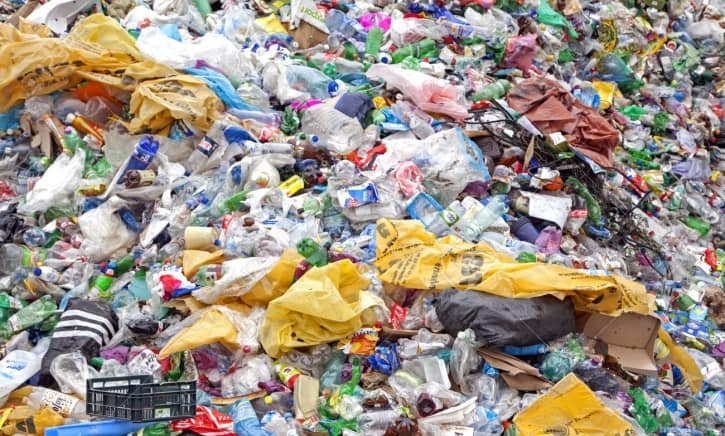International team engineers plastic digesting enzyme
Scientists from Portsmouth University and the Diamond Light Source are part of an international team that has engineered an enzyme with the potential to digest certain plastics.

The discovery could lead to a recycling solution for the millions of tonnes of plastic bottles made of polyethylene terephthalate (PET), which will persist for hundreds of years in the environment.
The research was led by teams at the Portsmouth University and the US Department of Energy’s National Renewable Energy Laboratory (NREL) and is published in Proceedings of the National Academy of Sciences (PNAS).
Portsmouth University’s Prof John McGeehan and Dr Gregg Beckham at NREL solved the crystal structure of PETase - an enzyme that digests PET- and used this 3D information to understand how it works. During this study, they unintentionally engineered an enzyme that is even better at degrading the plastic than the one that has already evolved.
The researchers are now working on improving the enzyme so that it can be used industrially to break down plastics in a fraction of the time.
Register now to continue reading
Thanks for visiting The Engineer. You’ve now reached your monthly limit of news stories. Register for free to unlock unlimited access to all of our news coverage, as well as premium content including opinion, in-depth features and special reports.
Benefits of registering
-
In-depth insights and coverage of key emerging trends
-
Unrestricted access to special reports throughout the year
-
Daily technology news delivered straight to your inbox










UK Enters ‘Golden Age of Nuclear’
Anybody know why it takes from 2025 to mid 2030's to build a factory-made SMR, by RR? Ten years... has there been no demonstrator either? Do RR...